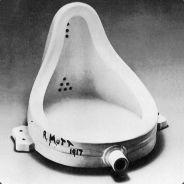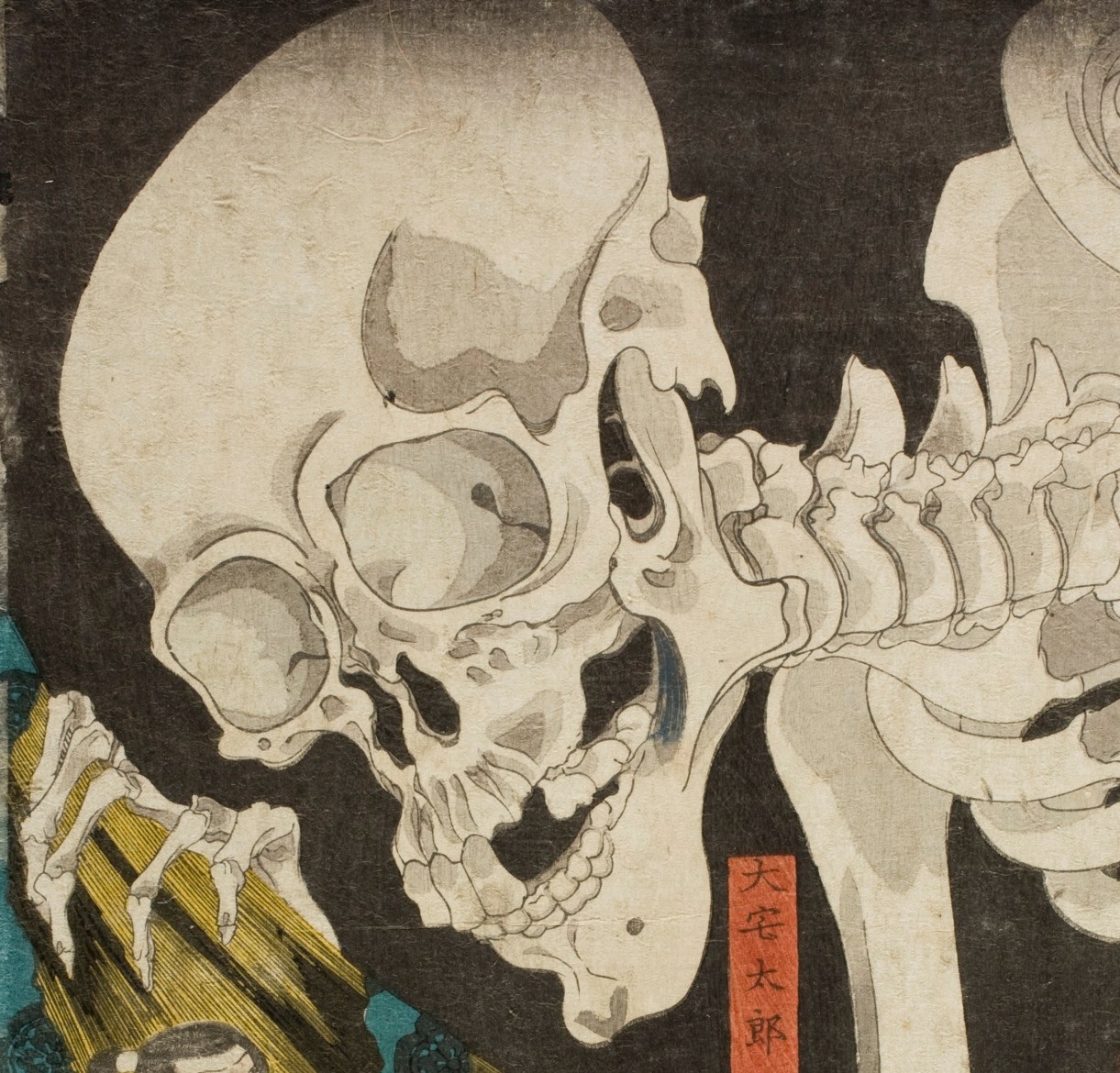30 Dec 2024, by Christie Wilcox
When people work together, they can achieve great things. But if they can’t talk, they’re dumber than ants.
Both longhorn crazy ants (Paratrechina longicornis) and humans can figure out how to work together to move an unwieldy object through a series of obstacles. So scientists pitted the two against each other. They had individuals and groups of different sizes of both species maneuver a T-shaped object through holes in walls, both of which were scaled to the body size of the participants.
This kind of puzzle is hard for ants because their pheromone-based communication doesn’t account for the kind of geometry needed to get the object through the doors. To make the experiments even more comparable, the team also took away the humans’ communication in some of the trials by making them wear sunglasses and masks and forbidding talking and gestures. So the people, like the ants, had to work together without language, relying on the forces generated by their fellow participants to figure out how to move the T-shaped piece.
The groups of ants were much better at solving the puzzle than individual ants, exhibiting what the researchers described as “emergent” collective memory—an intelligence greater than the sum of its parts. The groups of humans, on the other hand, often didn’t do better when working together, especially if they weren’t allowed to talk. In fact, multiple people sometimes performed worse than individuals—and worse than the ants.
The researchers posit that, in the absence of the ability to discuss and debate, individuals attempt to reach a consensus quickly rather than fully assessing the problem. This “groupthink,” they suggest, leads people toward fruitless “greedy” efforts where they directly pull the T toward the gaps in the wall, rather than the less obvious, correct solution of pulling the object into the space between first. Whereas the ants “excel in cooperation,” they write, humans need to be able to talk through their reasoning to avoid simply going with what they think the crowd wants.
Science doesn't exactly have the best track record when it comes to 'measuring intelligence.' If everyone involved had a good time its fine I guess. Like free form jazz but you get a paper out of it.
Kind of ridiculous to define collective intelligence in such a way
They were probably using allistic humans, a neurocognative variant that is famous for being bad at nonverbal communication. Give me a group of drift-compatable autistics and we'll kick the ants' gasters

Were the ants from the same colony? With my coworkers who I move stuff with all the time we would likely work much better than with strangers, and I doubt they picked random ants from different groups but probably had humans unfamiliar with each other. I skimmed most of the original paper and didn't see it mentioned if the people were chosen at random.



